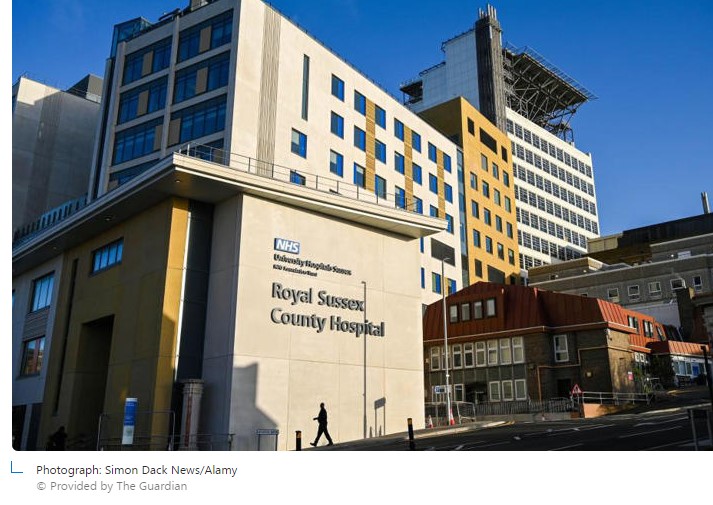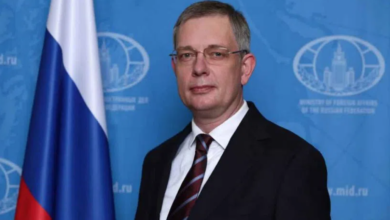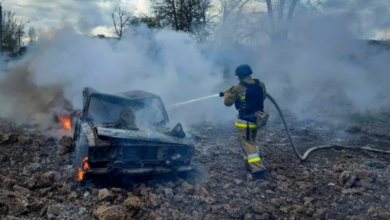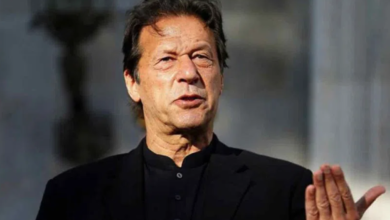Police investigate dozens of deaths at hospital in Brighton

Police are investigating about 40 hospital deaths over allegations of medical negligence made by two consultant surgeons who lost their jobs after blowing the whistle about patient safety.
The allegedly botched operations took place at Royal Sussex County hospital (RSCH) in Brighton, part of University hospital Sussex NHS trust, when it was run by a management team hailed by Jeremy Hunt as the best in the NHS.
Last week, detectives from Sussex police wrote to the trust’s chief executive, George Findlay, confirming they had launched a formal investigation into “a number of deaths” at the RSCH. They were investigating allegations of “criminal culpability through medical negligence” made by “two separate clinical consultants” at the trust, the letter said.
It is understood about 40 deaths occurred between 2015 and 2020 after alleged errors in general surgery and neurosurgery departments. Both whistleblowers alleged the trust failed to properly investigate the deaths and learn from the mistakes made.
One of the whistleblowers, Krishna Singh, an eminent surgeon, claimed he lost his post as the trust’s clinical director after raising concerns about patient safety, citing some of the deaths now under investigation.
He claimed that cost-saving changes at the hospital “were driven through that were grossly unsafe and ultimately drove up complication rates and patient mortality”. Singh claimed the trust had promoted insufficiently competent surgeons and overused insufficiently skilled locums.
His employment tribunal hearing against the trust was adjourned this week because of the police investigation.
Explaining the decision in a statement released on Friday, the judge, Daniel Dyal, said: “The police investigation overlaps significantly with the patient safety and mortality issues about which there is a lot of evidence in this case.”
Dyal revealed that it was the West Sussex coroner who had first reported allegations about the deaths to the police in April.
He said the police investigation could lead to “charges of serious offences including, perhaps, gross negligence manslaughter”. Witnesses from the trust, including two senior clinicians, risked “prejudicing their position in future criminal proceedings” if they gave evidence at the tribunal, he said.
The statement said the trust accepted that Singh’s whistleblowing was a so-called public interest disclosure and it denied that this was why he lost his role as clinical director.
The other whistleblower is understood to be Mansoor Foroughi, a consultant neurosurgeon, who was sacked by the trust in December 2021 after he raised concerns about 19 deaths and 23 cases of serious patient harm in the previous six years.
A disciplinary hearing chaired by Findlay said Foroughi was dismissed because he had acted in bad faith. Foroughi’s concerns were set out to the trust in a 70-page dossier seen by the Guardian that details “worrying cases of mortality and permanent severe morbidity”. At least two of the deaths followed procedures by a surgeon who soon afterwards was diagnosed with Parkinson’s disease, the Guardian understands.
Foroughi’s dossier also warned of “a constant threat of retaliation against those who raise legitimate concerns”.
Last year, the British Medical Association, which is supporting Foroughi, wrote to the trust’s then chief executive, Marianne Griffiths, to protest at his treatment. The letter, from the then chair of the BMA, Dr Chaand Nagpaul, said Foroughi’s dismissal was “shocking” and demanded his reinstatement.
Nagpaul said Foroughi was raising concerns about “unsafe surgical practices, specific instances of poor outcomes including patient mortality, a climate of fear and blame and inadequate governance processes”.
Nagpaul questioned the role of Findlay, who was then deputy chief executive at the trust, in Foroughi’s treatment. The letter said: “We believe the decision to dismiss Mr Forouhgi was entirely disproportionate and unreasonable. And all at a time when NHS whistleblowers face abhorrent treatment for raising legitimate concerns.”
In reply, Griffiths said she could not comment on the reasons for Foroughi’s dismissal because he was pursuing legal action against his treatment. She conceded he had an“unblemished record”.
Hunt, the former health secretary, praised Griffiths and Findlay in his book Zero, published last year. He wrote: “Working closely with her medical director, George Findlay … Marianne built perhaps the best learning culture I saw anywhere in the NHS. As George Findlay described it, it is leadership with ‘big eyes, big ears and small mouth’.”
Griffiths, who was made a dame in 2018, retired as chief executive of the trust in 2022. She is currently chairing a review of allegations of a cover-up of medical errors at North East ambulance service.
Last month the hospital regulator, the Care Quality Commission, called for rapid widespread improvement at the trust after finding that staff felt pressured into making unsafe decisions.
The trust said: “The trust has been contacted by Sussex police as part of their inquiries relating to the care of a number of general surgery and neurosurgery patients at the Royal Sussex County hospital in Brighton between 2015 and 2020. “It would be inappropriate to comment further at this stage other than to confirm that we are cooperating fully to ensure the concerns raised are investigated.”
A statement from Sussex police said: “Sussex police has received allegations of medical negligence at the Royal Sussex County hospital, Brighton, and is currently assessing these allegations. The concerns raised relate to neurosurgery and general surgery in a period between 2015 and 2020. Enquiries are at an early stage and this does not necessarily mean this will lead to criminal prosecution. We are working closely with partner agencies and the hospital trust is cooperating fully with our review.”
Dr Latifa Patel, the BMA’s representative body chair, said: “When doctors see patients coming to harm, they need to be able to speak up free from any fear of repercussions, and confident that action will be taken and changes made to protect patients in the future. We’ve heard with great concern the appalling treatment of these doctors after raising patient safety concerns at the trust, and continue to offer them our wholehearted support. In an NHS still intoxicated with a culture of blame, whistleblowers need to be listened to and protected, not silenced and scapegoated.”







